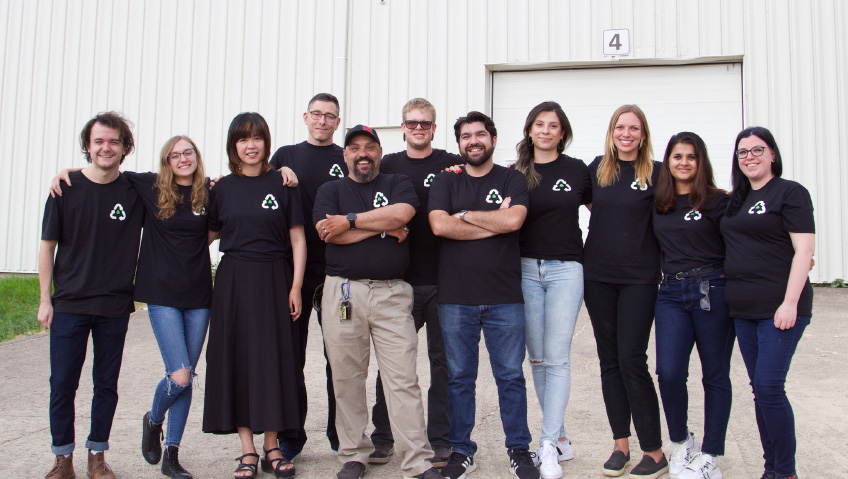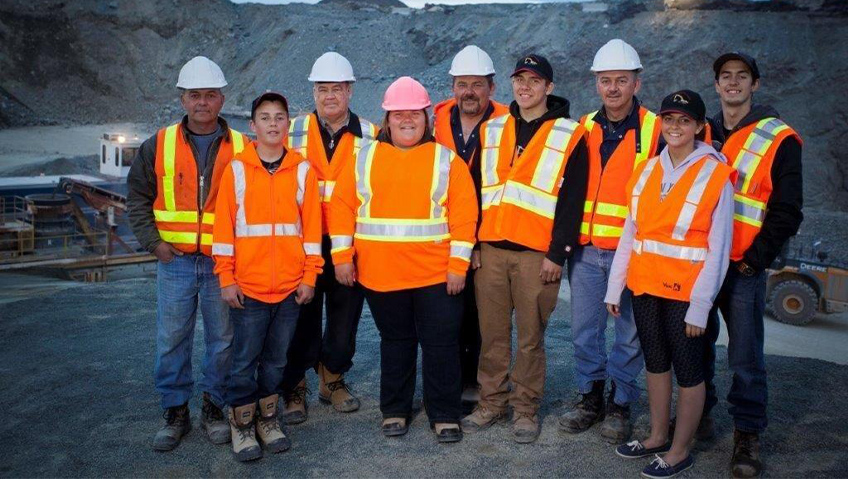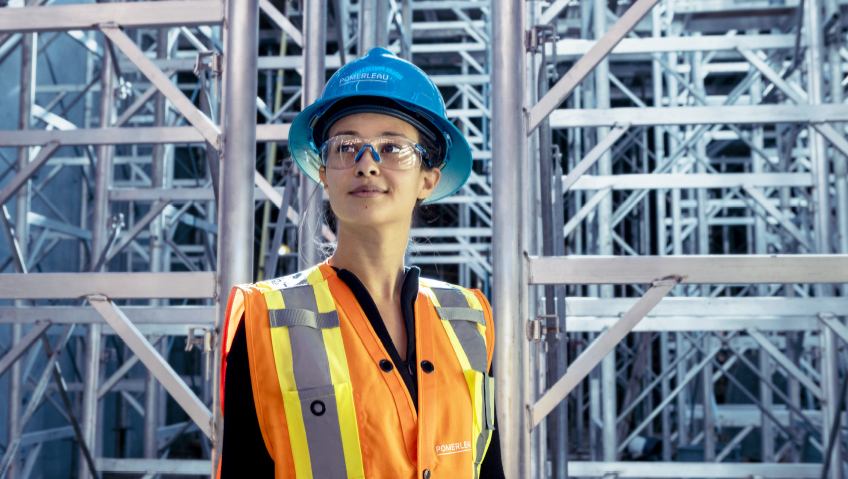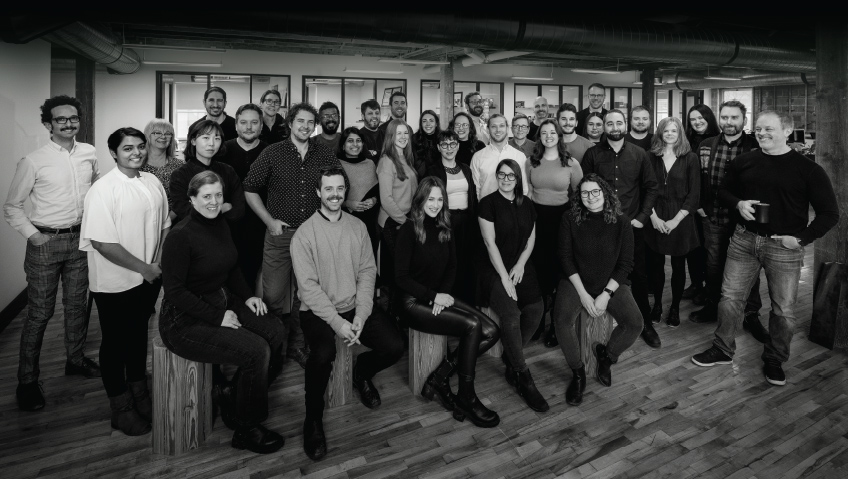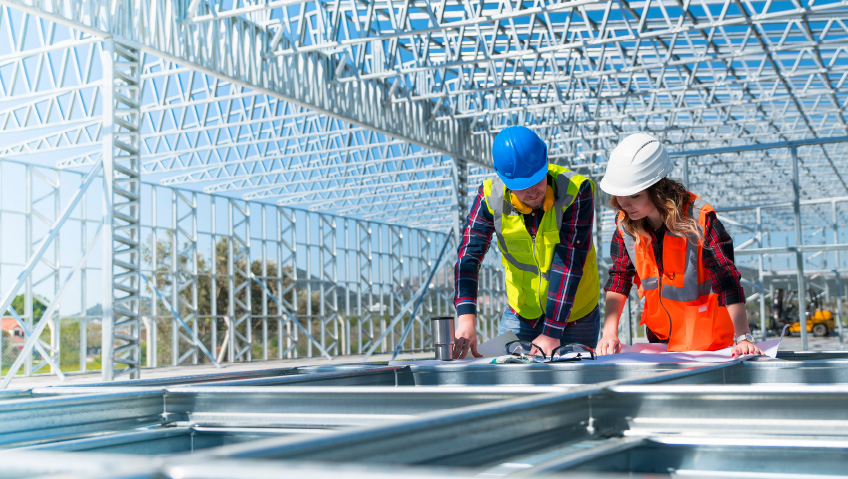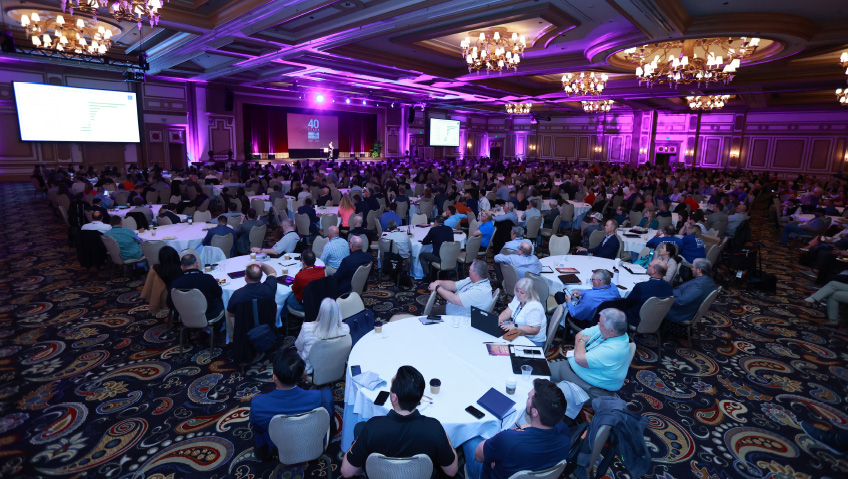Becoming a parent changes people. In 2017, new father Dustin Bowers thought not only about the immediate needs of his child, but what the world would be like in the future.
A carpenter and builder, Bowers grew up in the construction industry, building houses, running his own companies, managing rental units, “and doing everything from foundation to finish,” he says. Over 20 years of varied experience revealed both the good and the bad of the industry, including the “insane amount of waste” he saw generated during building, vast amounts bound for landfill sites every day.
Believing there had to be a different way—and passionately wishing to leave his family a planet in better shape—Bowers founded PLAEX Building Systems™ to bring to market his concept for a brilliantly simple new building system that would also tackle head-on the overwhelming waste issue dogging the industry.
Cleverly developing his ideas in collaboration with industry leaders, the result is a unique, extremely durable, modular-construction block building system with patents pending, made primarily from recycled waste materials. PLAEX is a low-waste, no-cut system that’s also reusable.
“We still struggle to automate the construction industry, largely due to the materials we work with,” says Bowers, who serves as PLAEX’s Chief Executive Officer and Product Developer.
“Construction materials are complex in nature,” he continues. “We didn’t think about automation when we started with all our building codes, setting the standards for how things are built. Now there’s a big push to modernize construction, and so this is what we are doing at PLAEX: we are one of the pieces helping to modernize construction.”
The company’s building systems are manufactured from a composite material known as PLAEXcrete™, which is itself made from over 90 percent recycled waste materials. Utilized in a construction project, PLAEX saves time and money. As interlocking modular bricks, the system does not require cutting or mortar, unlike brick and stone. Since the expertise of a bricklayer is not required, this speeds up the building process, making PLAEX Ideal for retaining walls, foundations, sheds, and other low-rise building projects.
Since PLAEX pieces are interlocking, they can be put together, taken apart, and reassembled, all without expensive tools, mortar, nails, screws, or bolts. As a fully interlocking modular construction system, PLAEX is waste- and mess-free.
PLAEX sources the materials in question directly from producers—mainly in the agricultural and marine industries—and trimmings from manufacturers. If there is a company that has a consistent waste stream that cannot otherwise be recycled due to contamination or impurities, PLAEX can process and use that waste. “That’s the big thing for us,” says Bowers: “being able to address otherwise difficult-to-address markets.”
The company has partnered with the University of New Brunswick’s (UNB) Off-site Construction Research Centre to assess product mechanical properties and durability. This includes extensive mechanical, compressive, tensile strength, temperature, and other testing undertaken to standards, including ASTM C39 (formerly the American Society for Testing and Materials), and C78 standards.
According to the Project Profile (https://www.unb.ca/ocrc/_assets/documents/plaex-building-products.pdf), PLAEX products meet the compressive strength of normal concrete at around 20-30 MPa (megapascals). PLAEX is also working on other tests through several independent labs.
The team at PLAEX is investigating other sources of recycled materials and finding success testing non-biohazard hospital plastic. Many medical products come wrapped in plastic, while others, such as pill bottles, lids, and caps, don’t have any contaminants in them. To date, the company deals mainly with polyethylene and polypropylene—no polyvinyl chloride (PVC)—and usually steers clear of Number 7 plastics, which are difficult to recycle. “We can deal with some Number 7’s, but it’s very much on a case-by-case basis,” says Bowers.
Formed from difficult-to-recycle waste materials such as glass, plaster, concrete, industrial plastic waste, and more, PLAEX bricks are carbon-negative. Every 100 bricks offsets about a ton of CO2 currently, and the company plans to double that amount to two tons of CO2 through technological improvements and scale.
“Even as it stands now, one ton of CO2 per 100 bricks is substantial,” says Bowers. “The numbers—when we start looking at scale and what we can contribute to the solution—are mind-bogglingly big.”
PLAEX thus presents a scalable solution to one of the biggest issues facing humanity today, namely waste. Addressing the present outrageous amount of waste is something most people agree upon, and it is a subject Bowers and his team are passionate about. “I feel this is one of the most essential risks we face: finding scalable solutions to waste,” he says. “Half of all resources extracted globally go into construction. So if you want to deal with waste, construction seems like a pretty good avenue.”
According to Bowers, PLAEX’s system will help address myriad issues facing the world today, including waste reduction, the rising cost of construction, and labour shortages. More than just another product, PLAEX is creating an ecosystem as a new physical construction platform, offering both a viable and scalable solution to waste while creating simple and sustainable construction solutions which can be used for shelter, storage, and much more. “It’s a truly scalable solution for what humanity faces.”
In the years to come, he sees the company not only expanding its product line but also growing internationally, taking on humanitarian work in developing countries.
“There should be no such word as ‘garbage,’ Bowers believes. It’s ‘new resources,’ and how do we put these resources to use? I teach my kids this, with the result that we have very little garbage here at home, with the end goal of having none. And getting to the goal of no garbage is one piece of the puzzle.”

